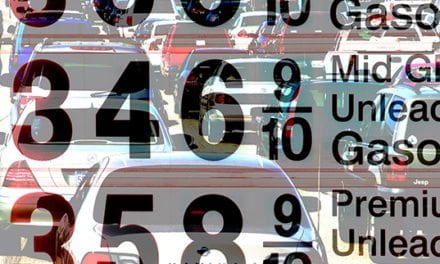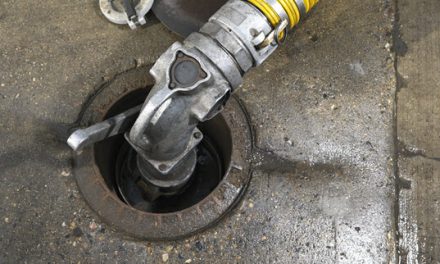The EPA announced it is exercising emergency powers to grant a volatility waiver for E15, blends of gasoline and 15 percent ethanol. As a result, consumers will continue to have access to the fuel option that is usually 10 to 20 cents per gallon less than E10. Without today’s action, fuel suppliers would have restricted distribution on May 1 and retailers would have been forced to stop selling E15 during the summer beginning on June 1.
“With high fuel prices and recent OPEC oil cuts, ensuring E15 remains available for consumers is great news,” stated Iowa Renewable Fuels Association (IRFA) Executive Director Monte Shaw. “We appreciate all the retailers, consumers, farmers and elected officials who raised their voices in support of E15, and we are glad that EPA listened. E15 sales in Iowa and around that country have greatly increased as consumers become more familiar with its cost-savings and performance. In Iowa we are clearly on the path where E15 will be the ‘new normal’ in a few years.”
This action means that E10 and E15 will have the same volatility limit for the summer driving season that runs from June 1 to September 30. With the same volatility limit, the same gasoline blendstock can be used for both 10 and 15 percent ethanol blends. This prevents oil refiners from gaming the system by supplying only the E10 blendstock and, thereby, freezing E15 out of the market.
Shaw continued: “Given action by Governor Reynolds to use her authority under the Clean Air Act to permanently equalize the volatility regulations for E10 and E15, this should have been moot. However, EPA proposed to begin enacting the equal volatility provisions in 2024, so we really needed today’s news to bridge the gap. Now retailers and consumers know there is a consistent, year-round road ahead for E15.”
EPA has the authority to issue emergency provisions based on the supply of fuel. Today’s gasoline stocks are below 2022 levels when a similar emergency action was taken. In addition to restrictions on Russian oil and the impact of the war in Ukraine, this year OPEC also recently enacted supply reductions that have spiked fuel prices.









